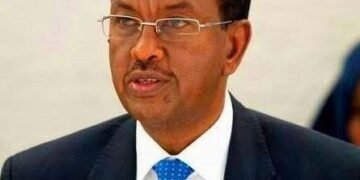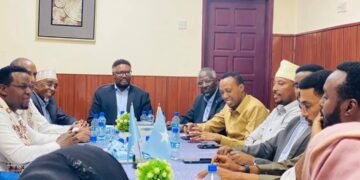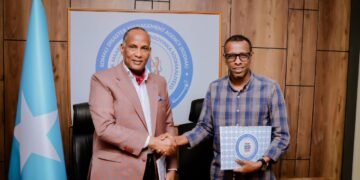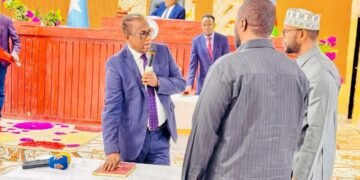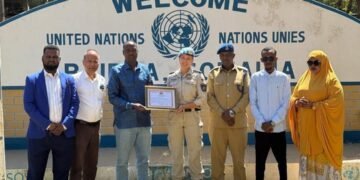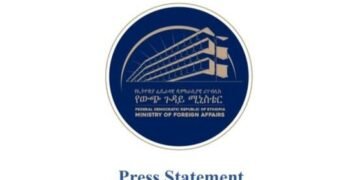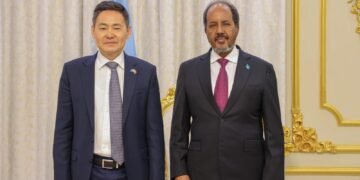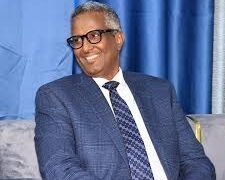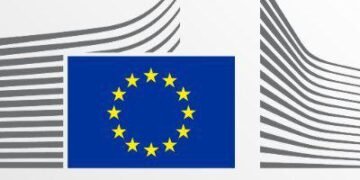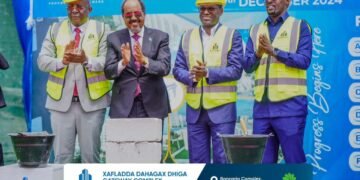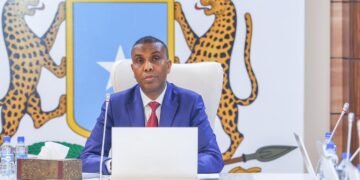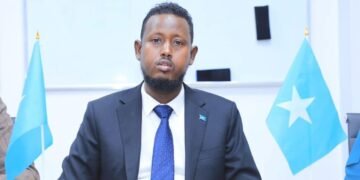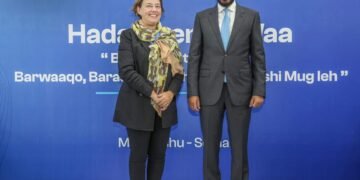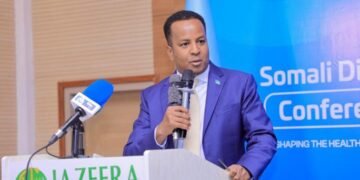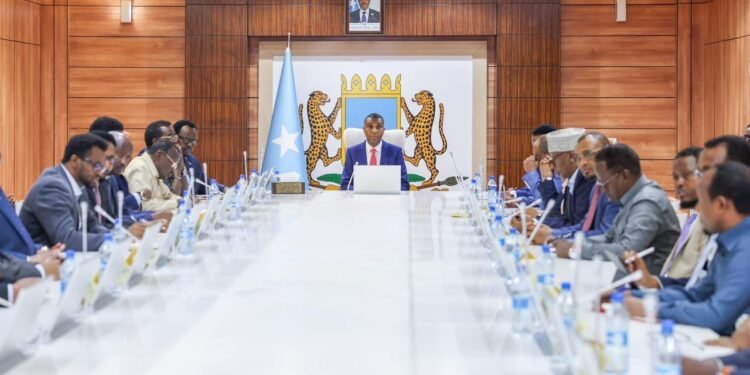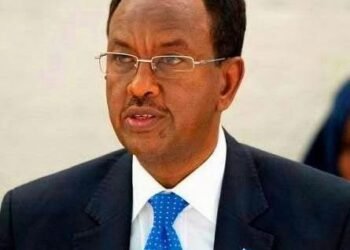Mogadishu, Tuesday, 26 November 2024 – The Council of Ministers of the Federal Government of Somalia held an emergency meeting late on Tuesday evening and approved a list of 18 members to serve on the Independent Electoral and Boundaries Commission (IEBC). The approval, which came amid growing anticipation for electoral reforms, marks a significant step towards the implementation of Somalia’s election plans.
The meeting, chaired by Prime Minister Mr. Hamsa Abdi Barre, emphasized the government’s commitment to restoring the people’s right to freely elect their leaders. The new members of the IEBC are tasked with overseeing electoral processes and ensuring the conduct of transparent, credible elections across the country.
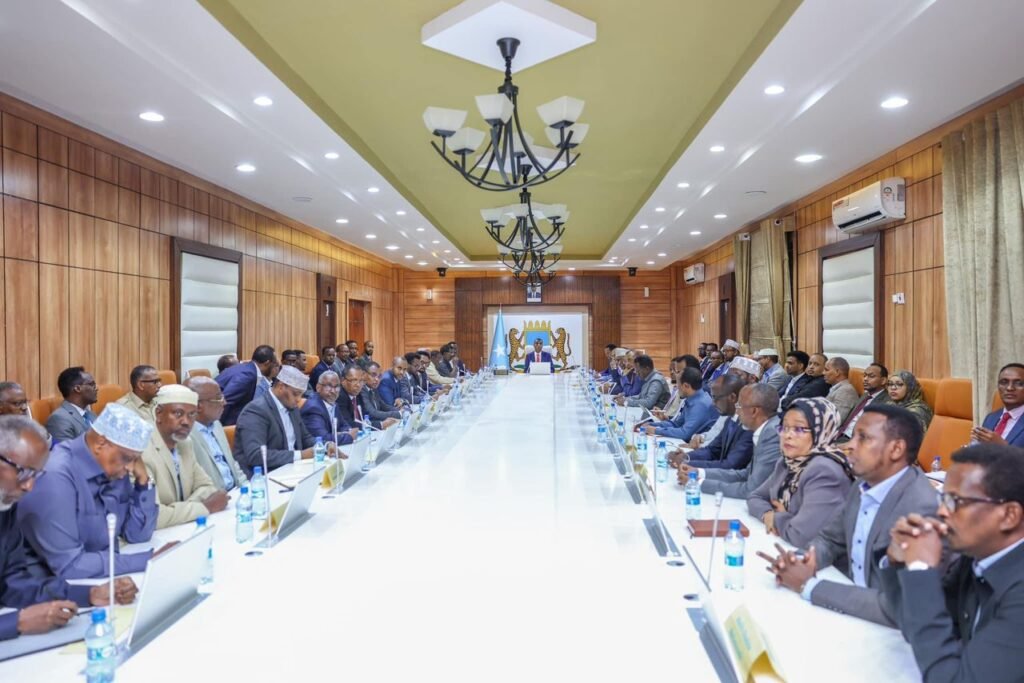
The following individuals were appointed to the Commission:
1. Cabdikariim Axmed Xassan
2. Saadiq Abshir Garaad
3. Avv. Maxamed Cabdiraxmaan Aadan
4. Yusuf Cabdiqaadir Maxamed-Baafo
5. Cumar Abuukar Cumar
6. Farxiyo Maxamed Yusuf
7. Dr. Cumar Jamac Maxamed
8. Faarax Cabdi Xasan
9. Sahro Diiriye Muuse
10. Cabdullahi Salaad Yaroow
11. Maxamed Amiin Xasan Cabdullahi
12. Cabdi Cadow Maxamed
13. Cabdishakuur Abiib Haayir
14. Khaalid Ibrahim Ismaaciil
15. Aamina Sh. Cusmaan Maxamed
16. Naasir Maxamed Shire
17. Cabdiraxiim Cabdillahi Shaafici
18. Maxamed Cumar Ismaciil
The IEBC is a constitutional body responsible for managing elections at various levels and ensuring that the election process is transparent and free from manipulation.
However, the new appointments have sparked criticism from political observers and opposition figures. Critics have raised concerns that the commission’s members were handpicked by government officials at both the state and federal levels, casting doubt on their impartiality and capacity to oversee a fair election process. They argue that the appointments were driven more by personal interests than by qualifications or experience, undermining public trust in the ability of the commission to organize the planned nationwide elections.
The approval of the IEBC comes at a time when significant resistance from regional governments, particularly Puntland and Jubaland, has emerged. Both regions have rejected the Federal Government’s proposal for direct elections, citing multiple challenges and obstacles that they believe make holding such elections in the current environment unfeasible.
As Somalia navigates the complex process of electoral reform, the ongoing concerns over the integrity of the newly approved commission and the challenges posed by regional opposition continue to cast a shadow over the country’s path to democratic elections.


